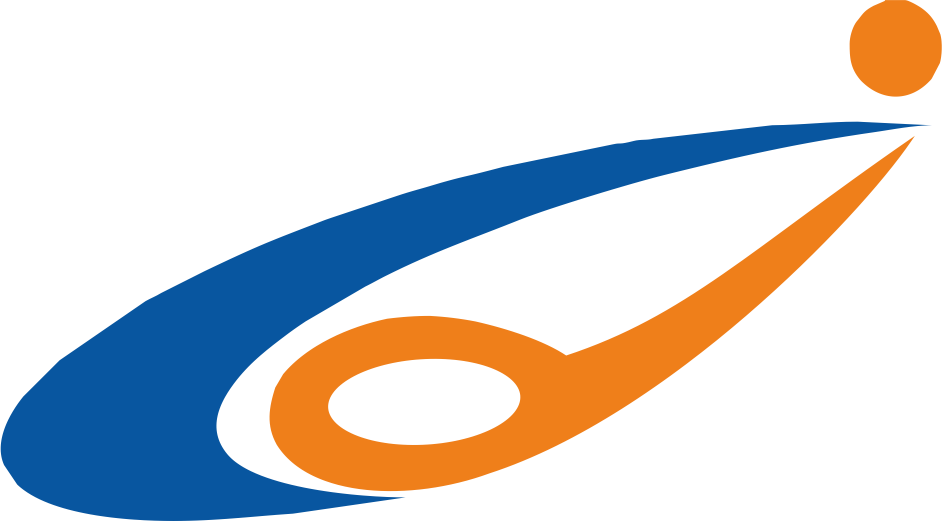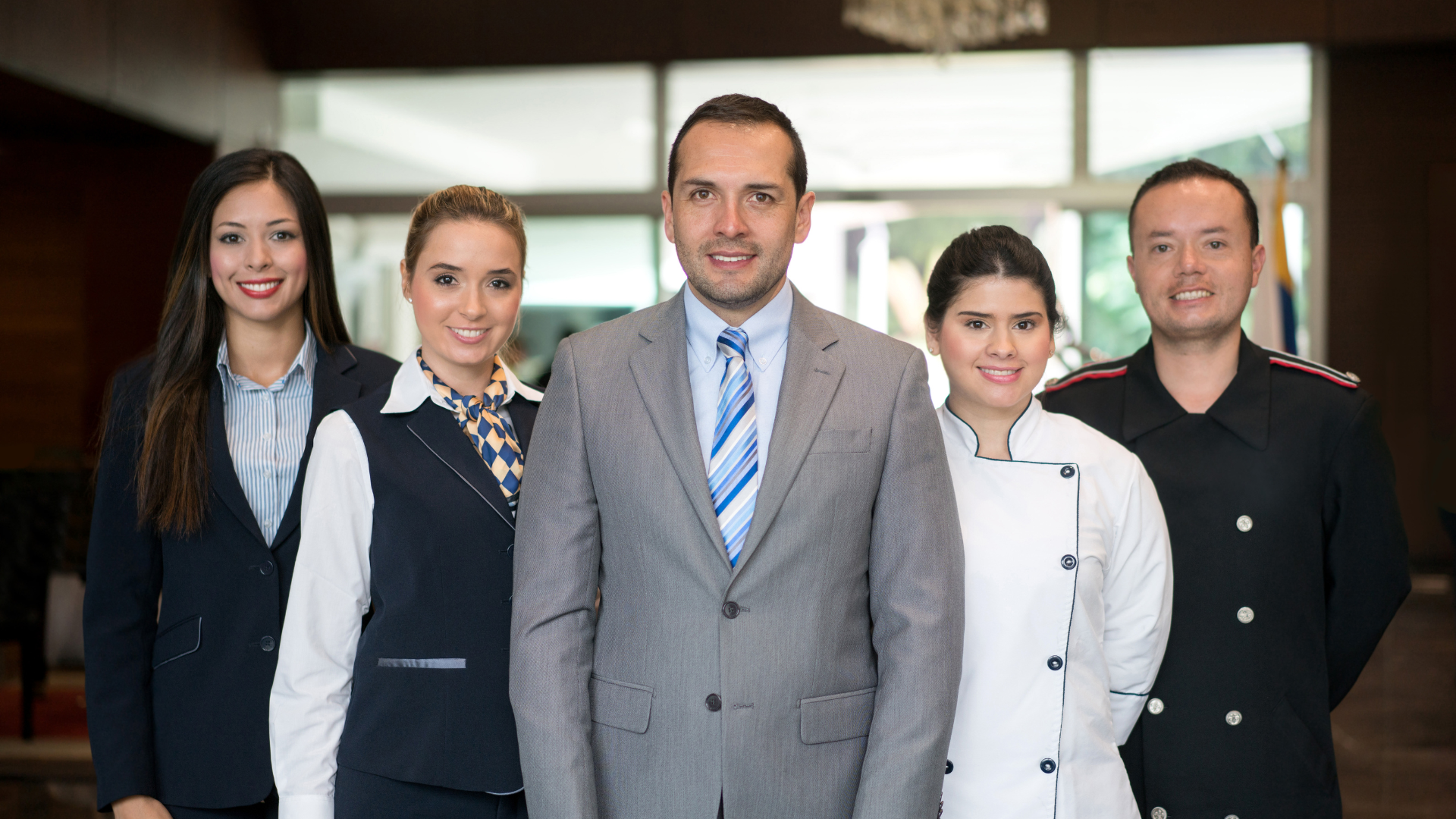
COSMOS EDUCATION
Education | Immigration | Internship
Location
101, 102, White House Building, S.V. Road, Andheri (W) Mumbai
Call Us
+91 869 100 8982

Education | Immigration | Internship
101, 102, White House Building, S.V. Road, Andheri (W) Mumbai
+91 869 100 8982
Ireland has rapidly emerged as a top destination for international students seeking high-quality education in a friendly, English-speaking environment. Renowned for its globally recognized universities, innovative teaching methods, and strong focus on research and development, Ireland offers a unique blend of academic excellence and rich cultural heritage. With a welcoming atmosphere, safe cities, and a thriving job market—especially in sectors like IT, pharmaceuticals, and finance—Ireland provides an ideal setting for personal and professional growth.
The Irish government actively supports international education, offering generous stay-back options and post-study work opportunities that help students transition smoothly into the workforce. Institutions in Ireland maintain strong ties with leading global companies, giving students direct access to internships and job placements. From its breathtaking landscapes to its lively student communities and modern campuses, Ireland promises not just an education, but a life-changing experience. Whether you’re pursuing undergraduate, postgraduate, or vocational studies, Ireland opens doors to global career opportunities and an unforgettable international journey.

Student life in Ireland is vibrant, diverse, and welcoming. With a strong focus on community and inclusivity, Irish universities and colleges offer an enriching campus experience. Students can participate in clubs, societies, sports, cultural events, and academic workshops. Ireland is also known for its friendly locals, safe cities, and beautiful countryside, making it a comfortable and enjoyable place to live. Most universities have dedicated international student support services, ensuring smooth adaptation through orientation programs, counselling, and career support. From exploring historic landmarks to enjoying traditional music in local pubs, students get a perfect mix of academic life and cultural exposure.
The cost of living in Ireland varies depending on the city and lifestyle. On average, international students should budget between €7,000 to €12,000 per year, excluding tuition fees. Here’s a breakdown of monthly expenses:
Students in cities like Dublin may face higher living costs compared to towns like Limerick or Galway.
Ireland offers a flexible and structured education system with various study pathways:
Pathways are available through Institutes of Technology, Universities, and private colleges, giving students options based on their academic background and career goals.
Ireland is known for its strong academic programs, especially in:
Average annual tuition fees:
Scholarships are available for international students through institutions and the Irish government.
Some of Ireland’s most popular student-friendly cities include:
Each city offers unique lifestyle perks, rich cultural experiences, and quality education.
Admission Requirements:
Visa Requirements (Irish Study Visa – Type D):
Visa decisions typically take 4 to 8 weeks.
International students in Ireland can work part-time during studies and full-time during scheduled breaks.
During Study: Up to 20 hours per week
During Holidays: Up to 40 hours per week
Post-study, Ireland offers generous stay-back options:
Bachelor’s Graduates: 1-year stay back (Level 8)
Master’s Graduates: 2-year stay back (Level 9)
Ireland’s booming industries such as tech, pharma, finance, and healthcare actively hire international graduates. The Graduate Route allows students to gain valuable work experience and possibly transition to a work permit or permanent residence.
Secondary Education:
Students complete upper secondary school with the Leaving Certificate, which is the key qualification for university or college entry in Ireland.
Higher Education Institutions:
Qualification Levels:
Ireland promotes an engaging, modern learning environment:










These are traditional, research-focused institutions offering a wide range of academic programs.
Key Features:
Examples:
These focus on practical, technical, and career-driven education, with a balance of theory and hands-on experience.
Key Features:
Examples:
Recently formed by merging several IoTs, these universities combine academic excellence with real-world skills.
Key Features:
Examples:
Privately run institutions offering specialized programs in fields like business, IT, arts, and hospitality.
Key Features:
Examples:
Test-Prep
TOEFL
SELT
Internship/Jobs
Call us on: +91 86910 08982
(Between 8AM to 6PM)
Mail us on: visa@cosmoseducation.in